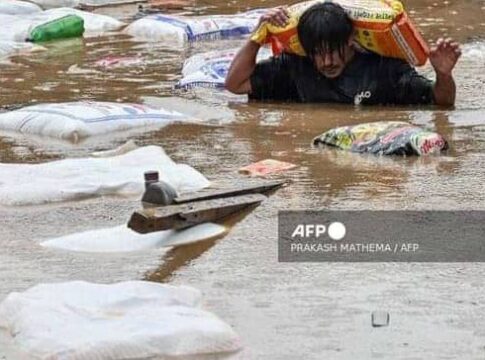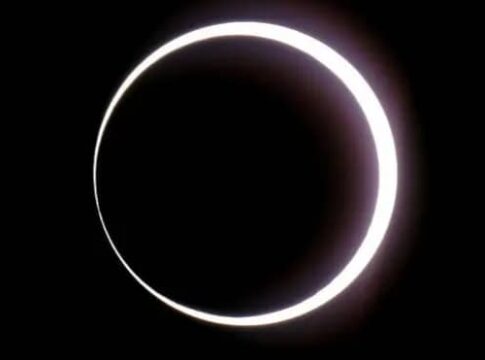Nepal is reeling from one of its worst monsoon seasons in decades, with devastating floods and landslides leaving a trail of death and destruction in their wake. The disaster has claimed at least 192 lives, with 31 people still missing.
Rescue teams are racing against time to search for survivors, navigate treacherous terrain, and provide aid to affected communities. “Our primary focus is on search and rescue operations, including locating individuals stranded on highways,” explained Rishi Ram Tiwari, Home Ministry spokesman.
The catastrophe has been exacerbated by climate change, experts warn. Unplanned urbanization and encroachment along the Bagmati River have increased the risk of flooding in Kathmandu. According to the International Centre for Integrated Mountain Development, “The disaster’s severity was compounded by unchecked urban growth and neglect of riverine ecosystems.”
READ MORE: NSE Celebrates Kudirat Kekere-Ekun’s Appointment As Chief Justice of Nigeria
The Nepal Army has rescued over 4,000 people, utilizing helicopters, motorboats, and rafts to reach stranded households. Efforts are underway to clear debris from nearly two dozen blocked highways.
Merchants in Kathmandu are struggling to maintain supply chains, with damage to intercity roads severely impacting fresh produce delivery. “Farmers have their produce ready, but with highways blocked, everything is stuck,” lamented Binay Shrestha, a produce market worker.
Record-breaking rainfall has pounded Nepal, with the Kathmandu airport monitoring station recording 240 millimeters of rain, the highest since 2002. The summer monsoon, vital for agriculture and food production, has brought widespread devastation.
Climate change has intensified the frequency and severity of monsoon rains, experts caution. This year, Nepal has witnessed over 300 rain-related deaths.
As Nepal struggles to recover, the international community must recognize the devastating impact of climate change on vulnerable communities.
Would you like to explore more about natural disasters, climate change or monsoon seasons?
Freely subscribe to the African Future Leadership Magazine to get more updates.




